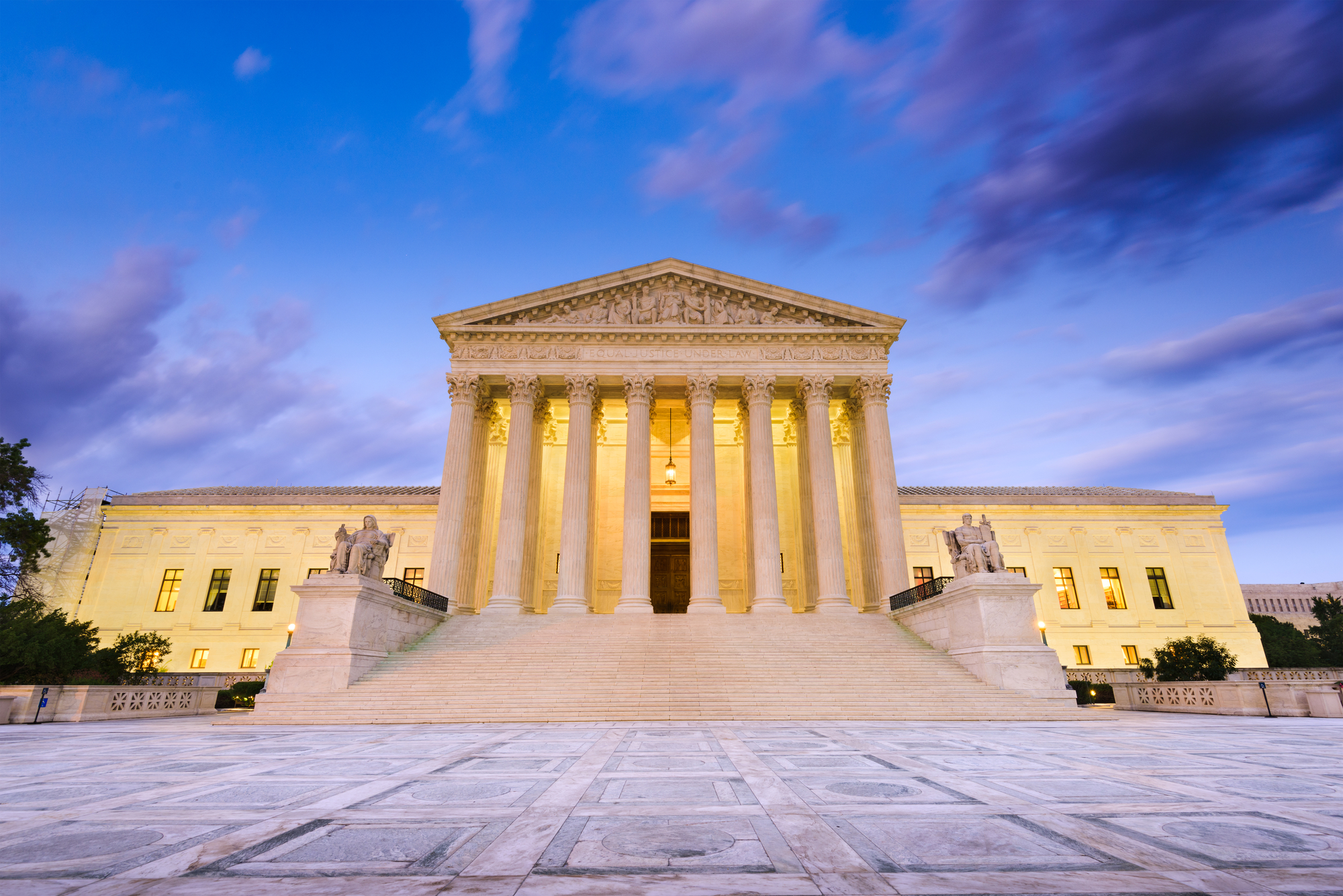Supreme Court Redefines Workplace Religious Accommodation
Last Updated on October 15, 2023 by MyHRConcierge
In a landmark decision, the U.S. Supreme Court has ruled that employers can only refuse an employee’s request for religious accommodation if it would substantially increase the costs for their business. This unanimous ruling on June 29 in Groff v. DeJoy serves as a significant redefinition of the law, strengthening protections for employees seeking to balance their work obligations with their religious practices. It sends a strong signal to employers and may stimulate more religious discrimination claims.
Groff v DeJoy Case
This case involved Gerald Groff, a former USPS employee, and practicing evangelical Christian who observes the Sunday Sabbath. The USPS’s failure to accommodate Groff’s practice led to a legal conflict that brought this matter to the attention of the Supreme Court. The outcome has consequences far beyond the USPS, setting a precedent that all employers must heed.
According to Title VII of the Civil Rights Act of 1964, employers are required to reasonably accommodate an employee’s religious practices, as long as such accommodation doesn’t impose undue hardship on the business. Previously, the threshold for “undue hardship” was set as a de minimis, or minimal, cost or inconvenience. However, the Supreme Court decision in Groff v. DeJoy has heightened this standard.
Justice Samuel Alito, writing for the Court, clarified that an employer must now consider other feasible options before concluding that an accommodation request would lead to undue hardship. This might involve practices such as shift swapping, providing incentives for Sunday shifts, or collaborating with other nearby facilities. The Court’s ruling thus establishes a higher bar for refusing religious accommodation requests.
What It Means for Religious Accommodation
The practical implications of this ruling are profound. Undue hardship now means more than a mere inconvenience – it must result in significant costs relative to the business’s size and operating costs. Larger employers, who can presumably absorb more costs, may find it particularly challenging to refuse accommodation requests on the basis of undue hardship. The Court further emphasized that the concept of hardship should not be used as a cover for religious intolerance or animosity, ruling out bias as a legitimate defense.
The Court’s decision has broader implications too. It may embolden religious rights groups and plaintiff attorneys, potentially leading to an uptick in religious accommodation lawsuits. Businesses must recognize that they now have increased responsibilities to their employees to accommodate religious practices, ushering in a new era of workplace religious rights that all employers must navigate with care and consideration.
Employers – Religious Accommodation Moving Forward
It is essential that employers utilize HR Professionals, such as MyHRConcierge, to review their current employee handbook policies and practices to ensure they align with the newly established standard. A proactive approach can significantly help in minimizing potential legal issues. To this end, companies should consider creating a comprehensive religious accommodation policy if they don’t have one already.
Once these policies are updated, employers must train those responsible for reviewing religious accommodations on how to apply this new standard. Failing to adjust to this ruling could land companies in costly litigation and lead to damaging public relations fallout.
Furthermore, businesses are encouraged to foster an inclusive work environment that respects diversity, including religious diversity. This could involve training managers to respond effectively to accommodation requests and creating open channels of communication where employees feel comfortable expressing their needs.
In conclusion, the Groff v. DeJoy decision has redefined the interpretation of undue hardship in the context of religious accommodation in the workplace. Its long-term impacts will likely be seen in the coming years, but its immediate implications necessitate quick action and adjustment from employers. It highlights the need for businesses to maintain a balance between operational efficiency and the religious rights of their employees.
MyHRConcierge Can Help You Stay Compliant
Have questions about religious accommodations? MyHRConcierge can help. Contact us at 855-538-6947 ext 108, ccooley@myhrconcierge.com or schedule an appointment below to find out how.

